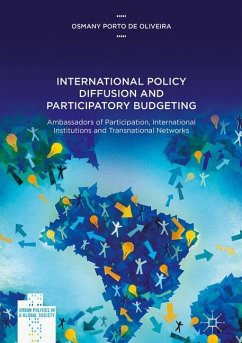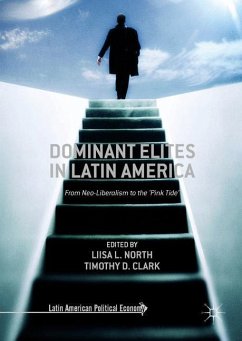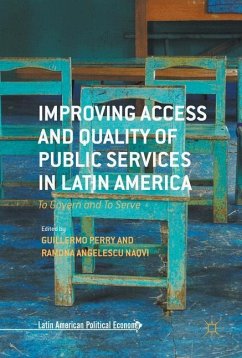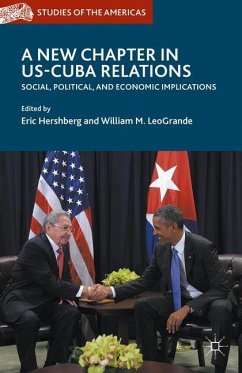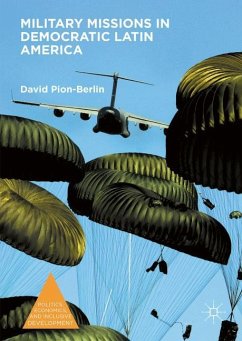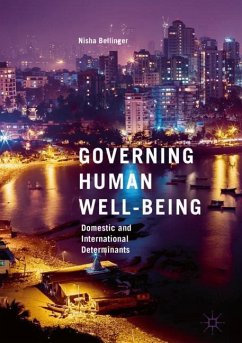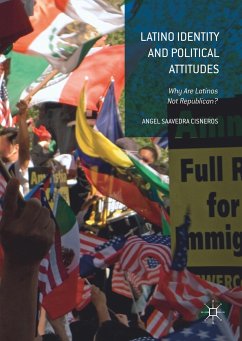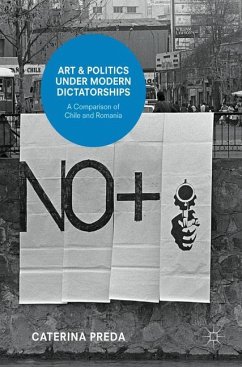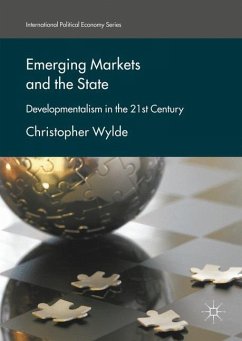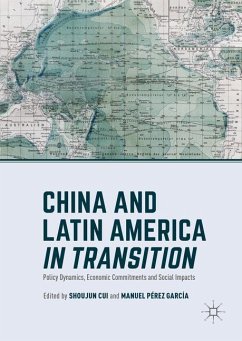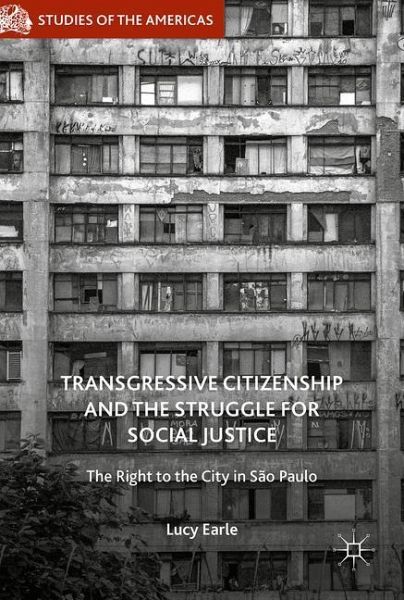
Transgressive Citizenship and the Struggle for Social Justice
The Right to the City in São Paulo
Versandkostenfrei!
Versandfertig in 6-10 Tagen
91,99 €
inkl. MwSt.
Weitere Ausgaben:

PAYBACK Punkte
46 °P sammeln!
This book analyses the struggle for social justice in São Paulo, Brazil. It takes the wave of protests that began in the city in 2013 as a starting point, and grounds them in the history of social movement mobilisation in urban Brazil. Drawing on ethnographic fieldwork with a federation of housing movements, this work demonstrates the ongoing relevance of the concept of the right to the city for social movements of the urban poor, and examines these movements' creative interpretation of national legislation to support their claims for housing and urban citizenship.





